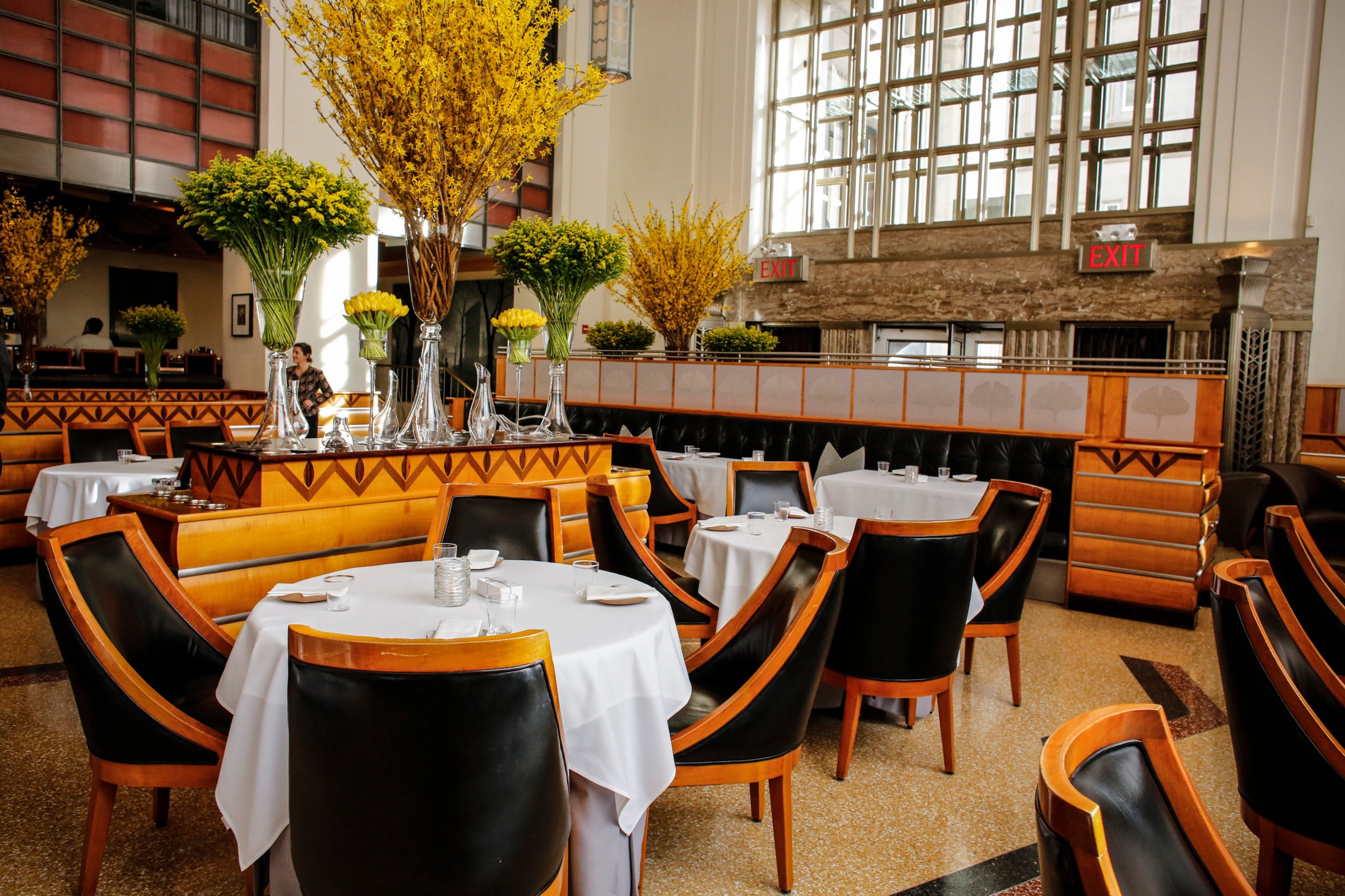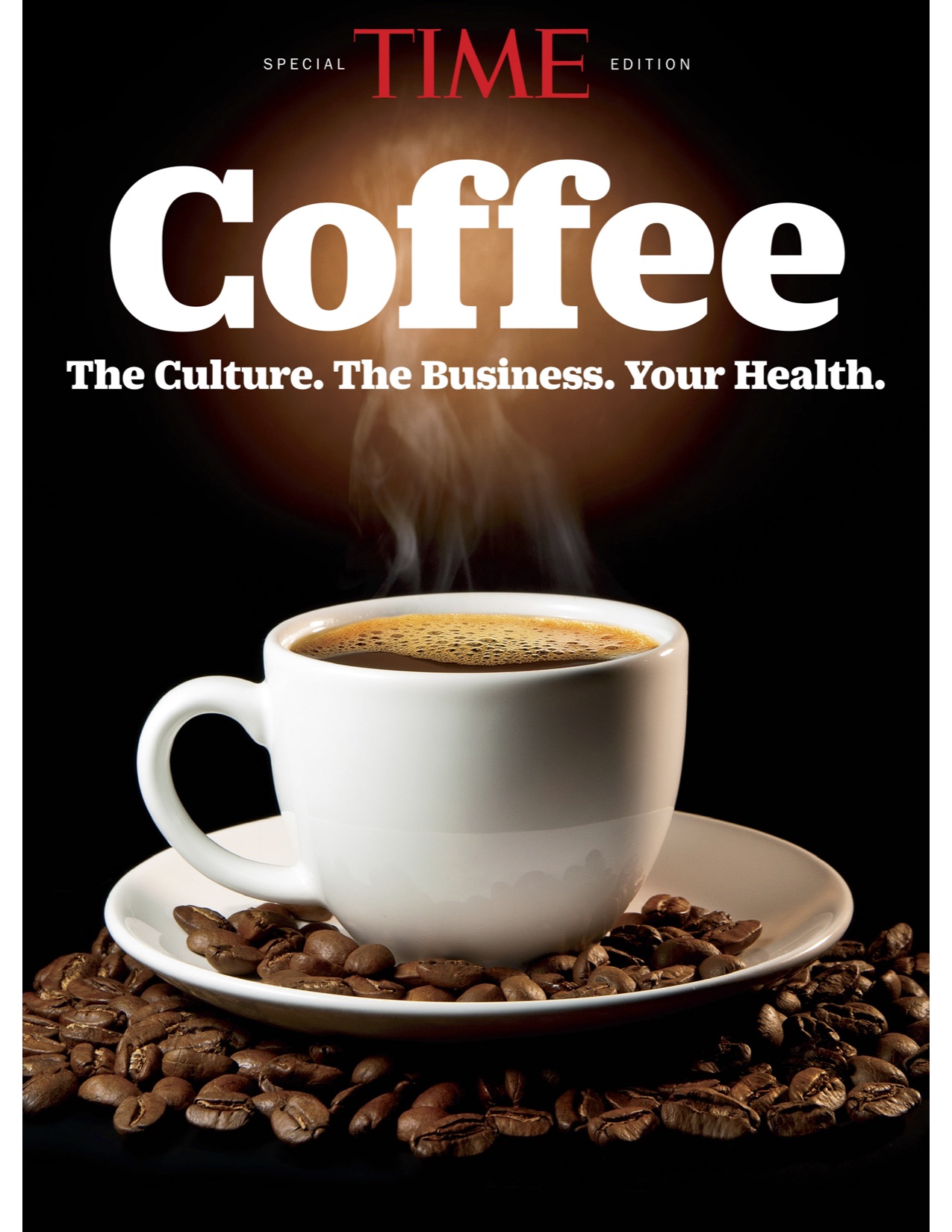
The following feature is excerpted from TIME Coffee: The Culture. The Business. Your Health.
If you’ve ever done any investigating into the world’s most expensive coffees, you know about Kopi Luwak. This is a bean that grows primarily in Indonesia and is harvested only after it has been eaten, and then digested and egested, by an Asian palm civet—a weasel-like creature that lives and you-know-what-elses in the woods. It’s believed a) that the beans must be pretty tasty for the civet to eat them in the first place and, more important, b) that the insides of the civet add a little je ne sais quoi to the flavor. Seriously. Kopi Luwak is so coveted it can run up to $600 a pound, for a coffee that on its best day and when brewed to perfection is meant to taste like crap.
There’s been some pop-culture hype about Kopi Luwak—it wound up, inevitably, on an episode of 2 Chainz’s don’t-miss Most Expensivest Sh– series—but what drives the price are the scarcity and the, well, unique taste of the bean. Those factors are pretty much what leads to demand for all high-end beans, such as the famously aromatic Esmeralda Geisha (grown on the slope of a volcano in Panama) or the jackfruit-and-guava-tinged Wush Wush Reserve, a bean native to Ethiopia that’s now grown on a farm in Colombia and is the source of, bar none, the best cup of coffee I have ever drunk in my life.
“That’s the idea; that is the hope,” says Maya Albert, the coffee director at Eleven Madison Park in Manhattan. Albert is the woman behind what is currently the most expensive brew of coffee in New York—no small distinction in a city where more than 25 million cups of joe are knocked back each day. “We want to make this a cup of coffee you will always remember.”
Eleven Madison Park is a very classy restaurant. Its logo consists of the outline of leaves from the four trees—linden, ginkgo, maple, London plane—that grow in the namesake park outside its doors. It has also been named, on more than one occasion, and by more than one bureau of judges, the best restaurant in the world. It offers an 11-course tasting menu that changes with the seasons, and that recently included apples dipped in foie-gras caramel, followed soon after by smoked–sturgeon cheesecake with caviar.
That tasting menu costs $295, which does cover a cup of coffee (even espresso!), but if you want Albert’s special tableside coffee service and the delivery of that incomparable cup of Wush Wush—well, that will cost an additional $34. Along with the rare bean, you’re also paying for that service, the experience, the setting, the entire happy shebang.
There’s more than one tableside option, and Albert brews the selected bean according to the method she has determined will extract optimum flavor. She prepares the cup of Wush Wush via Silverton immersion, which involves a contraption that looks to have been stolen from a high school chemistry class. The machine’s glass dripper includes a mesh filter and is stopped by a valve that can be manually opened and closed. This lets the brewer either immerse beans or do pour-over or, in this case, a combination of both.
After allowing the customer to smell the freshly roasted and freshly ground beans (oh, sweet mystery of life!), Albert puts grinds in the Silverton dripper and adds water that she has brought to a temperature of, not to put too fine a point on it, “somewhere between 202 and 203 degrees.” She immerses the grinds for 30 seconds and then opens the valve. Then she does a little pour-over. Then more immersion. Then more pour-over. “We tried brewing the Wush Wush with 100% immersion,” Albert explains, “but the flavor was a little too powerful, especially for an unaccustomed palate. The pour-over tempers that.”
While preparing the coffee, Albert, schooled in the art, produces an abundance of bean-related -information—about origins, processes, roasting nuances and so on. The mini master class builds to the presentation of a coffee that, in the case of the Wush Wush, has subtle creaminess, the unmistakable wisp of fresh blueberry and a faint earthiness—the “terroir of -Colombia,” as Albert says.
“It’s a super-complex, super-rare flavor,” says Steve Sutton, the founder and CEO of Devoción Coffee, which sources, imports and roasts all of the specialty beans for Eleven Madison Park. “Each time you cup it, you experience something new. The flavors are immensely layered. It’s as good as great coffee can get.”

Devoción gets its beans from Colombia, canvassing the country’s microclimates to harvest year-round. After being dry-milled in Bogotá, the beans are sent by FedEx to Devoción’s shop in Brooklyn, where they are immediately roasted and sent out to U.S. clients. In short, a coffee cherry can be picked off a branch in the Colombian Andes and 10 days later be in your cup, finishing off a Manhattan meal of sturgeon terrine. The Wush Wush grows on a farm in Tolima, at an altitude of 5,900 feet. “The story of a coffee is part of the experience, and so is the setting, and so is how you drink it,” says Sutton. “If you gave a cup of Geisha, which is very light and almost tea-like, to a customer at Dunkin’ Donuts, they’d be upset that their coffee was messed up. But it is an exclusive and sought-after bean, a delicacy.”
Yes, that Esmeralda Geisha is rare, and pricey—it went for $601 a pound at an auction last year, and cups of it were sold for $55 at Klatch Coffee in Southern California. Indeed, if you want to spend big on coffee, there’s never been a better time. Yet a service like the one at Eleven Madison Park, grand fuss and all, remains as rare as high-end beans themselves. The restaurant delivers 8 to 10 cups a night via tableside service (that recently included a $22 Villa Flor “Natural Heirloom Blend” as well as the $34 Wush Wush) and may add a decaf option.
“In the restaurant business, you learn that you are going to get some complaints, especially when you try something new or expensive,” says Billy Peelle, Eleven Madison Park’s general manager. “But since we rolled this out [in 2017] I haven’t heard complaints at all. Not one. People seem interested. Then thrilled.”
More Must-Reads from TIME
- Donald Trump Is TIME's 2024 Person of the Year
- Why We Chose Trump as Person of the Year
- Is Intermittent Fasting Good or Bad for You?
- The 100 Must-Read Books of 2024
- The 20 Best Christmas TV Episodes
- Column: If Optimism Feels Ridiculous Now, Try Hope
- The Future of Climate Action Is Trade Policy
- Merle Bombardieri Is Helping People Make the Baby Decision
Contact us at letters@time.com